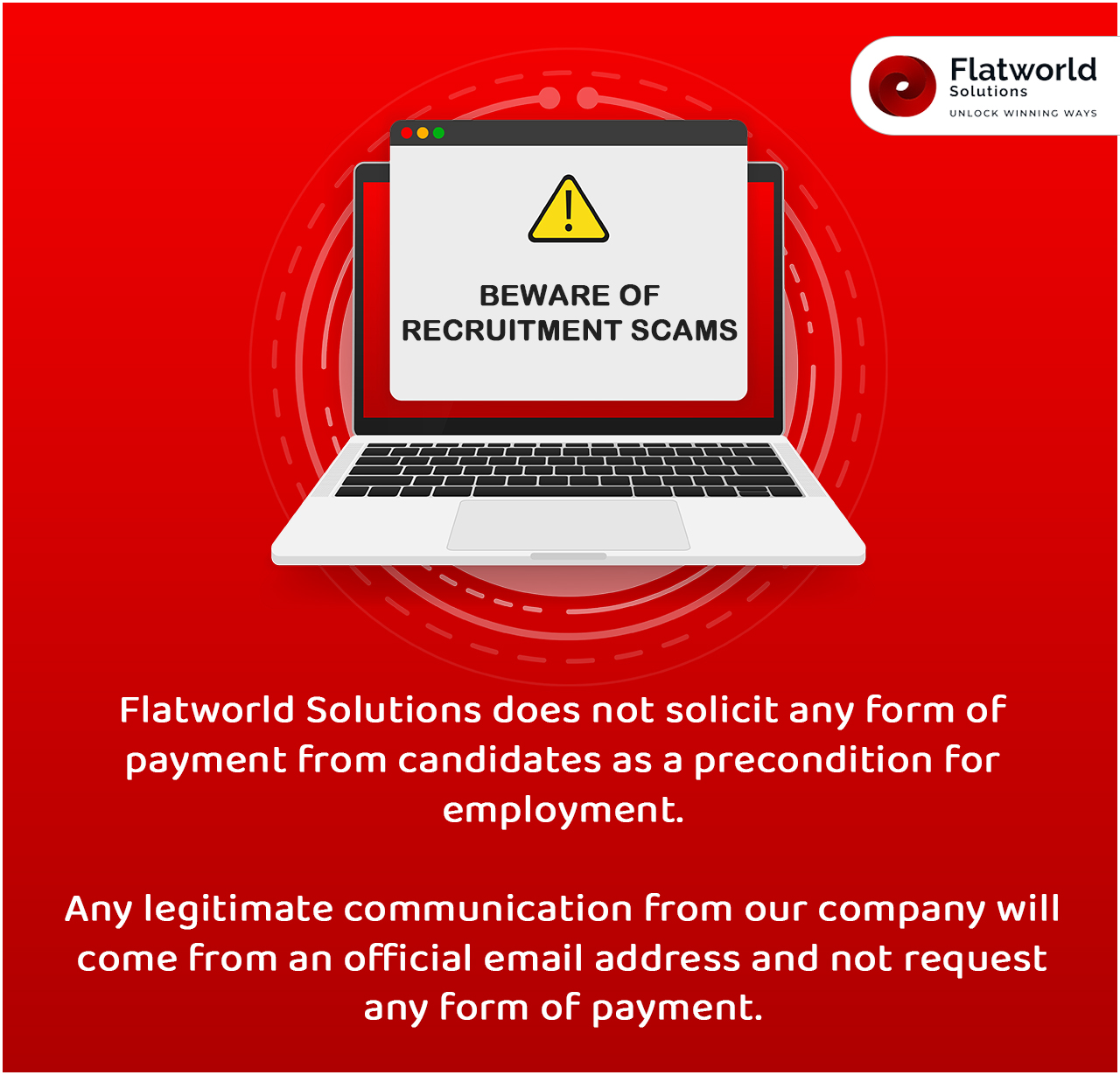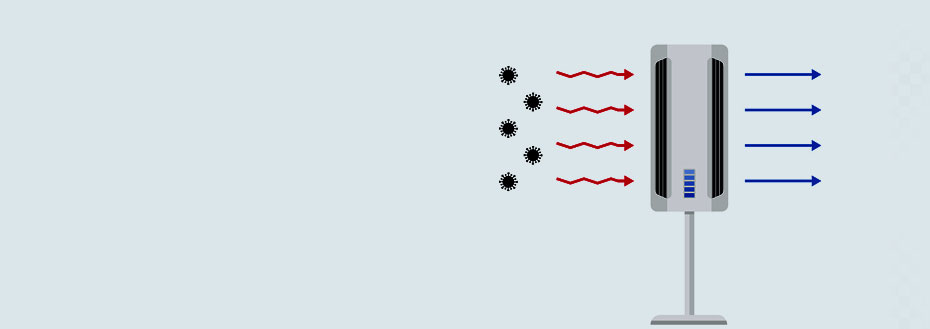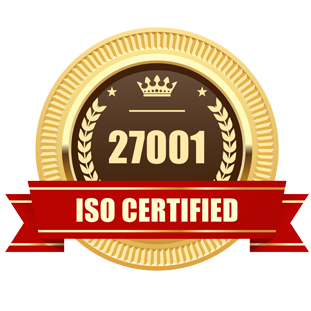The outbreak and spread of COVID-19 have raised a lot of concern regarding how this virus's transmission can be controlled. While governments have spent a lot of time and investment in bolstering efforts to develop vaccines, It is equally critical to use air quality technologies and design and develop HVAC systems to reduce the risk of infection and spread of the virus. Heating, ventilation, and air-conditioning (HVAC) systems have been around for a while, and in conjunction with energy modeling simulation techniques, have been used to create a comfortable and healthy indoor environment for occupants. Now, with the advent of the novel coronavirus, the effective and rational use of HVAC systems for environmental control is of even greater importance to improve human health and reduce the risk of infection.
Air quality monitoring has shown that indoor spaces aid in the spread of airborne diseases. After all, the economy of many countries took a severe hit in 2020 mainly due to the understanding that the risk of infection made it dangerous to gather in offices, gyms, restaurants, and other indoor spaces. Viruses can spread through particles, aerosols, and other airborne droplets, which can then be breathed in by those in the vicinity. Even after the global population develops immunity from COVID-19, it will still be a pressing concern to further improve air quality to mitigate the risk of the spread of other viruses like those causing the common cold or the flu.
Flatworld Solutions (FWS) can design and develop HVAC systems to help prevent the transmission of COVID-19. We create energy-efficient systems that adhere to the American Society of Heating, Refrigerating, and Air-Conditioning Engineers (ASHRAE) international standards by applying energy modeling simulation techniques. Our proficiency in indoor air quality monitoring, HVAC control strategies, optimizing outdoor air (OA) ventilation, Integrated Building Management Systems, and other related services creates a one-stop solution for consulting and contracting companies. Our end-to-end services include taking up both new construction projects and remodeling of existing sites (green and brownfield projects).
Optimizing HVAC Systems to Better Manage Air Quality During COVID
Viruses can potentially spread across enclosed spaces through HVAC systems, especially when high-speed air flows past an infected person to others. Air quality monitoring & HVAC systems are essential to ensuring that the risk of virus transmission is eliminated. Engineers, who generally see themselves as problem solvers, now have a problem to deal with like no other. Engineers now have stepped up to help building managers take proactive actions to decrease the spread of viruses through optimizing air quality with HVAC systems during COVID-19. Some steps that can be taken to mitigate the risk of spread of the novel coronavirus are shown below -
-
Use of Air Filters
Air filters need to be monitored, maintained, and replaced regularly as part of a preventive maintenance program. A commonly used filter for particle filtration is the HEPA filter, which can theoretically remove at least 99.9% of pollen, bacteria, viruses, and other airborne particles that are equal to greater than 0.3 µm in size. Therefore, HEPA filters can be extremely effective in capturing and eliminating viruses from air streams, as long as the airborne particles pass through the filters. Proper use of filters can reduce the impact of COVID and improve hospital air quality.
-
Air Flushing
ASHRAE recommends that before or following occupancy in indoor spaces, facility managers begin a purge cycle that reduces the concentration of airborne particles by at least 95%. This requires about three changes of indoor air volume with outside air for a well-maintained space. A good facility manager or facility management firm will provide comprehensive recommendations on scheduled purge cycles and provide you with key data on how a space within a building is ventilated. This can significantly reduce the spread of COVID-19 and other airborne diseases.
-
Wearing Masks
Studies point out that those in proximity to an unknown contagious source can reduce the risk of infection by simply wearing a mask. Universal masking has been shown to be effective at reducing or stopping virus transmission. However, it is always better to have a solution that does not require a high level of compliance from occupants.
-
Ultraviolet Germicidal Irradiation (UVGI)
UVGI is effective in ensuring that HVAC drain pipes and condensate pans are clean. Ultraviolet light has been used since the 1900s to disinfect air and water and now has been used to sterilize hospital rooms and other spaces. However, most commercial UVGI installations use mercury vapor lamps that emit UV light at a wavelength of 254 nm, which even though invisible, can cause damage to the skin and eyes. However, one turnaround to this issue is to install these systems inside HVAC ductwork or at the top of rooms with high ceilings.
-
Bipolar Ionization
Ionization techniques have been promoted by many entities as an effective and safe means of cleaning the air. However, previous generations of ionic air cleaners produced ozone, which has negative effects on the health of occupants. At present, bipolar ionization has been promoted as a viable means for cleaning the air. In this method, oxygen molecules are ionized with both negative and positive charges and these can bind to many types of airborne particles, including SARS-CoV-2, and deactivate them. The new bipolar ionization systems also do not produce ozone.
Outsource HVAC Engineering Services to Flatworld Solutions and Provide a Safe Environment to Your Occupants
Flatworld Solutions is a leading provider of a wide range of HVAC engineering services, as well as a comprehensive range of other engineering services, to clients from across the world. We design and develop energy-efficient HVAC systems that adhere to the American Society of Heating, Refrigerating, and Air-Conditioning Engineers (ASHRAE) standards and other international codes by applying advanced energy modeling simulation techniques. We are a one-stop solution for consulting and contracting companies looking for cutting-edge HVAC systems and air quality management services.
If you are looking for highly specialized and robust HVAC system modeling and engineering services, contact us now.
Contact UsAvail best-in-class services at affordable rates
Our Customers





Key Differentiators
Case Studies
-
Flatworld Solutions provided customized CNC programming using MasterCAM
-
Flatworld Provided CFD Simulation Services to a Leading HVAC Products Manufacturer
-
Flatworld Solutions Offered Mechanical Instrument Drafting and Detailing Services to an Engineering Consultant
-
Flatworld Solutions Offered US Client with 2D to 3D Mechanical Legacy Drawing Conversion
-
Flatworld Solutions Provided Reverse Engineering of Machine Parts to a Client
Join the growth phase at Flatworld Solutions as a Partner
Service distributorship and Marketing partner roles are available in select countries. If you have a local sales team or are a person of influence in key areas of outsourcing, it's time to engage fruitfully to ensure long term financial benefits. Currently business partnerships are open for Photo Editing, Graphic Design, Desktop Publishing, 2D and 3D Animation, Video Editing, CAD Engineering Design and Virtual Walkthroughs.
Reach out to us for a quick direct response from decision makers at the Flatworld Solutions global team.

USA
Flatworld Solutions
116 Village Blvd, Suite 200, Princeton, NJ 08540
PHILIPPINES
Aeon Towers, J.P. Laurel Avenue, Bajada, Davao 8000
KSS Building, Buhangin Road Cor Olive Street, Davao City 8000
INDIA
Survey No.11, 3rd Floor, Indraprastha, Gubbi Cross, 81,
Hennur Bagalur Main Rd, Kuvempu Layout, Kothanur, Bengaluru, Karnataka 560077



